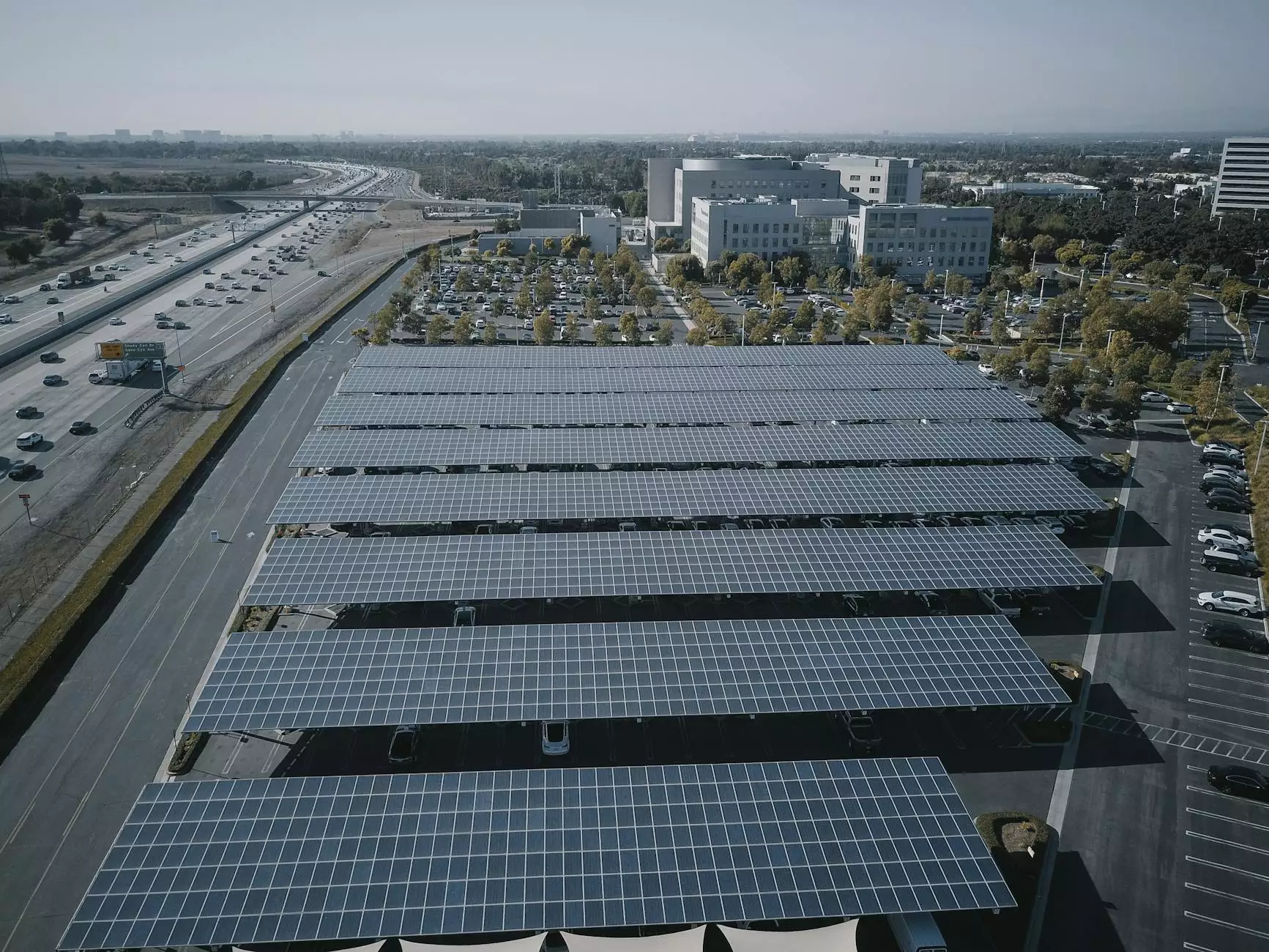The Future of Business in the Refrigeration Equipment Factory

Refrigeration equipment factories are at the heart of modern business operations, transforming how industries preserve perishables, enhance product longevity, and reduce waste. This article dives deep into the myriad aspects of refrigeration equipment factories, their significance in various sectors, innovations shaping their future, and their critical role in sustainability.
Understanding Refrigeration Equipment Factories
A refrigeration equipment factory is a specialized manufacturing facility that designs, produces, and distributes systems and components dedicated to cooling and preserving goods. These facilities play a vital part in multiple industries, from food and beverage to pharmaceuticals and beyond.
The Scope of Refrigeration Equipment
- Commercial Refrigeration: Essential for supermarkets, restaurants, and convenience stores, commercial refrigeration encompasses display cases, walk-in freezers, and chillers.
- Industrial Refrigeration: Used in large-scale applications such as ice rinks, chemical processing, and cold storage warehouses, offering robust solutions for significant cooling needs.
- Transport Refrigeration: Enables the safe transport of temperature-sensitive goods, including refrigerated trucks, shipping containers, and air freight systems.
- Residential Refrigeration: Includes refrigerators and freezers for home use, emphasizing energy efficiency and user-friendly designs.
The Economic Impact of Refrigeration Equipment Factories
The economic implications of refrigeration equipment factories extend far beyond their operations. They create jobs, stimulate local economies, and foster innovation. Let's explore these aspects in detail.
Job Creation and Skill Development
Refrigeration equipment factories require a diverse workforce ranging from engineers and designers to assembly line workers and sales personnel. This creates numerous job opportunities in both manufacturing and associated industries like logistics and distribution.
Moreover, the nature of the work encourages continuous training and skill development, particularly in areas such as:
- Technical Skills: Workers are trained on the latest technologies and machinery used in refrigeration.
- Safety Protocols: Employees learn about safety measures crucial for working with refrigerants and heavy machinery.
- Energy Efficiency Practices: Training programs often include methods for reducing energy consumption and minimizing waste.
Stimulating Local Economies
Refrigeration equipment factories often source materials and supplies locally, which helps stimulate the regional economy. The ripple effects of this sourcing extend to local suppliers, distributors, and service providers, enhancing the economic vitality of the community.
Driving Innovation
With increasing awareness of environmental issues, refrigeration equipment factories are at the forefront of innovation. Companies are investing heavily in research and development to create more sustainable products. Key areas of innovation include:
- Eco-Friendly Refrigerants: Factories are replacing harmful substances with green alternatives that have lower global warming potential.
- Smart Refrigeration Systems: Integration of IoT technologies allows for real-time monitoring and optimization of refrigeration systems, improving efficiency and reducing waste.
- Modular Design: Factories are designing modular, scalable refrigeration solutions that can be easily adapted to meet changing demand.
Challenges Faced by Refrigeration Equipment Factories
Despite their vast potential, refrigeration equipment factories face several challenges that could hinder their growth and efficiency. Addressing these challenges is crucial for sustainable success.
Regulatory Compliance
Refrigeration equipment must comply with stringent regulations concerning safety, environmental impact, and energy efficiency. The evolving regulatory landscape can create hurdles for factories, necessitating constant adaptation and investment in compliance measures.
Technological Advancements
While advancements are beneficial, they also require factories to frequently update their equipment and training. Keeping pace with these changes can strain resources, particularly for smaller manufacturers.
Market Competition
The global market for refrigeration equipment is highly competitive, with numerous manufacturers striving for market share. This competition underscores the importance of innovation and cost-effectiveness in capturing consumer interest.
Best Practices for Refrigeration Equipment Factories
To thrive amidst challenges and leverage opportunities, refrigeration equipment factories should adopt a series of best practices.
Investing in Sustainability
Embracing sustainability not only benefits the environment but also enhances a company’s reputation and attracts eco-conscious customers. Practices might include:
- Utilization of Renewable Energy: Factories can reduce their carbon footprint by investing in solar panels or other renewable energy sources.
- Energy-Efficient Manufacturing Processes: Streamlining operations to minimize waste and energy usage directly affects the bottom line.
- Recycling and Waste Management: Implementing effective waste management strategies helps in reducing landfill contributions.
Upgrading Technology
Integrating the latest technology into production processes can significantly enhance efficiency, product quality, and safety. Automated machinery, AI for quality control, and advanced cooling technologies are essential investments.
Customer-Centric Approach
Understanding customer needs and adapting products accordingly is vital for success. Engaging in feedback loops, offering customization options, and providing stellar customer support can differentiate a factory in a crowded marketplace.
Future Trends in Refrigeration Equipment Factories
The future of refrigeration equipment factories looks promising, driven by several emerging trends that will shape the industry landscape.
Increased Focus on Energy Efficiency
As energy costs rise and environmental concerns grow, factories must prioritize energy efficiency. This focus will lead to innovations in refrigeration equipment, significantly reducing energy consumption while maintaining performance.
Advancements in Automation
The rise of automation and robotics is set to transform the manufacturing processes in refrigeration equipment factories. Automated assembly lines not only speed up production but also enhance accuracy and reduce labor costs.
Growth of E-commerce and Cold Chain Logistics
The boom in e-commerce, particularly in the food sector, has necessitated robust cold chain logistics. Refrigeration equipment factories are key players in providing solutions for safe and efficient transport of perishable goods across vast distances.
Conclusion: Embracing the Future of Refrigeration Equipment Factories
In conclusion, the role of refrigeration equipment factories in modern business is indispensable. As they adapt to technological advancements, regulatory demands, and changing market landscapes, these factories will continue to drive innovation, sustainability, and economic growth. Embracing these industry shifts will enable them to stay competitive and relevant in a dynamic global market.
The future is bright for refrigeration equipment factories, provided they commit to continuous improvement, customer satisfaction, and environmental stewardship. By doing so, they ensure their pivotal role in transforming businesses and preserving the quality of goods for consumers worldwide.









